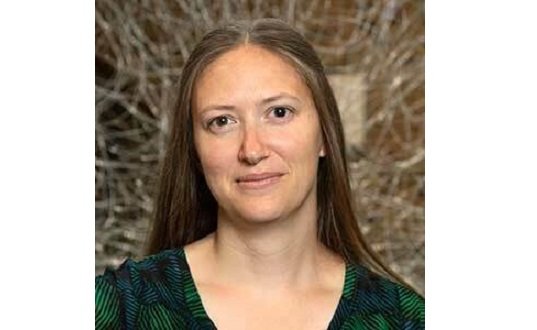The University of Notre Dame has become a key partner in the National Science Foundation’s new Gen-4 Engineering Research Center (ERC), named the Environmental Applied Refrigerant Technology Hub (EARTH). Led by the University of Kansas, EARTH brings together a consortium of 80 institutions, including the University of Maryland, University of Hawai'i, University of South Dakota, and Lehigh University, to foster a sustainable refrigerant economy.
Currently, most refrigeration systems rely on hydrofluorocarbons (HFCs), potent greenhouse gases responsible for roughly 8% of global emissions. With international and domestic agreements phasing out HFCs, EARTH aims to develop sustainable solutions to replace these refrigerants responsibly.
“There’s a growing need for sustainable air-conditioning solutions as global temperatures and incomes rise,” said Jennifer Schaefer, Sheehan Family Collegiate Professor in the Department of Chemical and Biomolecular Engineering at Notre Dame. “We anticipate seeing 10 new air conditioners sold every second over the next 30 years. We must find alternative solutions to meet that demand without exacerbating ecological harm.”
Schaefer will serve as Notre Dame’s lead and the deputy director of EARTH. The Notre Dame team includes eight additional College of Engineering members, focusing on chemical, biomolecular, and mechanical engineering, alongside experts in architecture and environmental law.
Notre Dame will contribute to three main research streams:
- Handling Current Refrigerants: Developing economical ways to separate and recycle HFCs.
- Creating Safe Refrigerants: Collaborating with the University of Hawaiʻi to predict and develop refrigerants that perform well without harming the atmosphere.
- Enhancing Energy Efficiency: Innovating technologies to improve the energy efficiency of refrigeration systems, thereby reducing electricity demand.
Notre Dame’s contributions will also include advancements in refrigerant leak detection, solid-state systems that eliminate refrigerant fluids, and new heat transfer approaches. The team will apply expertise in environmental law and sustainable architecture to ensure successful implementation of the center's technologies.
“Refrigeration might not be the first thing that comes to mind when thinking about protecting the environment, but it is a critical energy sustainability challenge,” Schaefer noted. “We are grateful to the National Science Foundation for supporting innovation in this area. Our partnership with EARTH aligns perfectly with Notre Dame’s strategic framework, which encourages us to connect the social and environmental dimensions of climate change.”
For more information on Notre Dame’s role in EARTH and its sustainable initiatives, visit the Notre Dame College of Engineering website.
